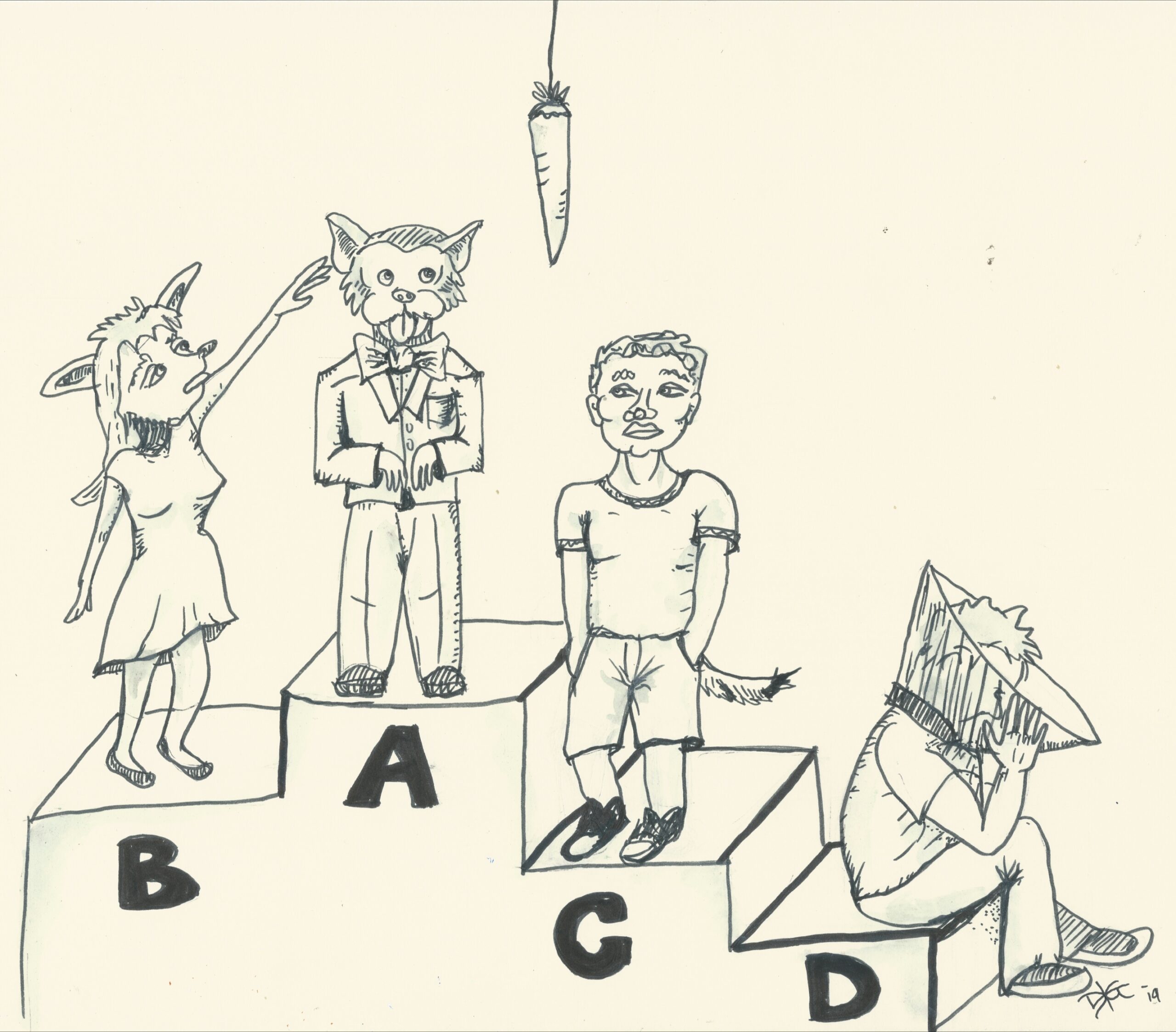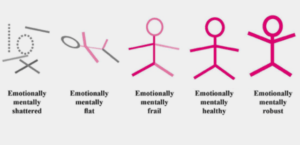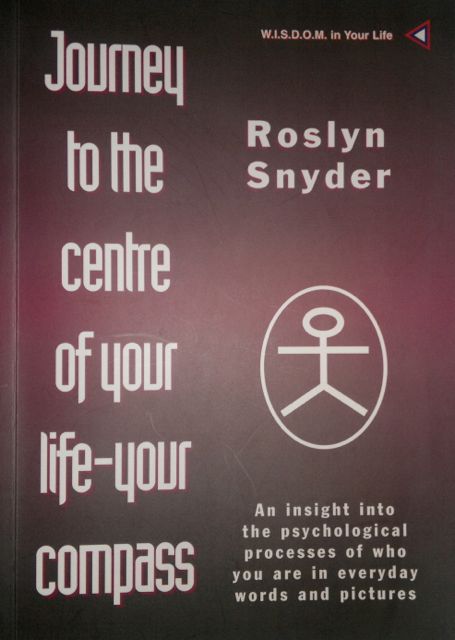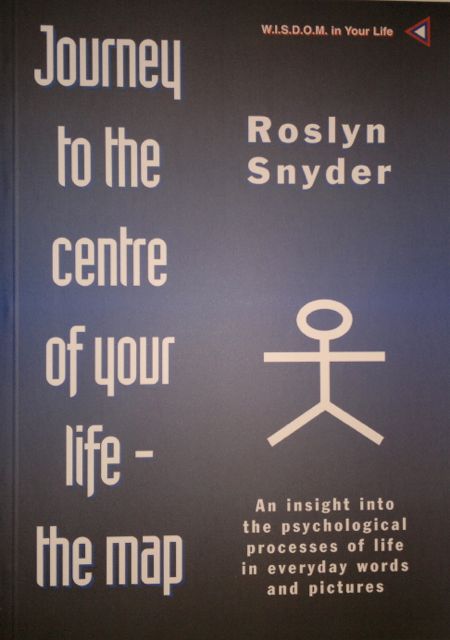Written by MorpheusIllustrated
by Dominika Grotowski
Recently I attended a school dance recital for my son that he and his peers had been learning over several weeks. That evening I said to him “I love you and I am proud of your performance today” to which he replied, “will you give me a treat?” This response shocked me and has remained a persistent nag in my mind. Why does my son think that the only value in learning is to get a reward at the end? He was not always like that. The answer it seems is because that is how the education system trains our children.
If you think back to school, what are your most memorable moments? When did you learn the most? Which teachers motivated you? I guarantee that you learnt the most through intrinsic motivation rather than rewards, when you were free from judgement and critique rather than reported on, and when you were surrounded by support from friends or family rather than in fight or flight mode against your rivals.
I have worked in education for the last 10 years first as a university tutor, then as an ESL teacher and now a High School teacher and afterschool tutor. I have seen a trend in children becoming more and more disengaged and disconnected from learning. The problem (I believe) is not the students, or the teachers, or the parents, but the system itself. The education system is a factory churning out products rather than facilitating and engaging lifelong learners. There are some exceptions of course, but please indulge my hyperbolic overgeneralisations as even though it is not consistently true to every educational system (only a sith deals in absolutes), the points I am addressing are salient across educational institutions to varying degrees.
Within the system there are individuals – schools, leaders, teachers, students, parents – that defy the system, and individual moments of genuine learning and connection, but in general the system itself is pushing students towards disengagement through the three Rs of a disconnected education system: rewards, reports and rivalries.
Rewards
Our education system maintains an industrial behaviourist mindset where if a student reaches a certain standard, they will be assigned a grade denoting their value. There are many assumptions behind a grading system, all of which are wrong. A grading system assumes that every student is the same, every student will learn in the same way, and that the outcome of every student’s learning should also be consistent; if the student surpasses this false expectation they will get an A, if they fall below the standard they will get a D, and if they are ‘satisfactory’ (the unexceptional invisible middle ground) a B or C. These “grades” are dependent only on student output and are irrespective of the amount of learning that has occurred.
The grading system was designed in the late 1800s by a lazy tutor named William Farish, the purpose of which was to process more students for more profit. Grades were modelled on a shoe factory system; there is no sound educational reason for such a system being applied to children, or any student. Educational theory has advanced since then, but the basics of the grading system have remained unchanged since the industrial revolution.
I was an “A-student” during school. This was fantastic! I would get a high mark (reward), these marks would lead to a high grade (reward), these grades would lead to a certificate (reward) and ultimately all of these certificates would lead to DUX (another reward); every reward a hit of the praise drug. I
was a “smart” kid. I would do well. Except, I had no idea how to work in a team because my entire education I was rewarded for being “the best”. By getting a treat for performing well, I was literally trained like a dog to be competitive.
On the flipside – clearer to me now as a teacher and as a parent – is the “D-student”. The “D- student” instead of being told “you are smart” every day through an arbitrary grade designation is told “you are dumb”. The definition of ‘bullying’ is repeatedly and knowingly doing something that negatively affects someone. A series of D grades meets this definition. The education system literally bullies students for not meeting the hypothetical arbitrary standard; the education system bullies students with learning difficulties, it bullies students who are slower than others, it bullies students from a non-English speaking background, it bullies students who were traumatised and fell behind at some stage. These kids – the “D-students” – grow up thinking they have no value. They will go on to get “dumb people” jobs (which probably pay more than a lot of the “smart people” jobs) and continue to feel worthless following a decade of the system telling them they are.
Then there are the “B-and-C-students”; 12-years of satisfactory, average, meets expectations, and all the other uninspiring labels!
Why is an arbitrary letter more important that the learning that is achieved? Why do we have a standardised set of expectations for remarkably different students? Why do we assign arbitrary symbols to children?
Reports
Learning should be the goal of education, but the goal of education is reporting. These scientific reports are written after a series of experiments under test conditions where each test subject must perform the same task under the same conditions; replicable and independent. Our children are scientific test subjects. Our students are lab rats (narf!).
Numbers of assessments are continually increasing, as is preparation for assessment, yet each assessment is a missed opportunity for students to learn new knowledge. The system is driven by accountability and data. Students are data. Assessments are completed individually, and students are competing against their peers, all of which is feeding into the end objective of reports. There is little space left in the program for any learning at all.
And then there is NAPLAN. Are there any parents, students or teachers that genuinely believe that NAPLAN is positive for student learning?
What kind of people do we create by continual assessment? What kind of people do we create by constant judgement? What kind of people do we create by perpetual measurement? What do children learn from being assessed and reported on?
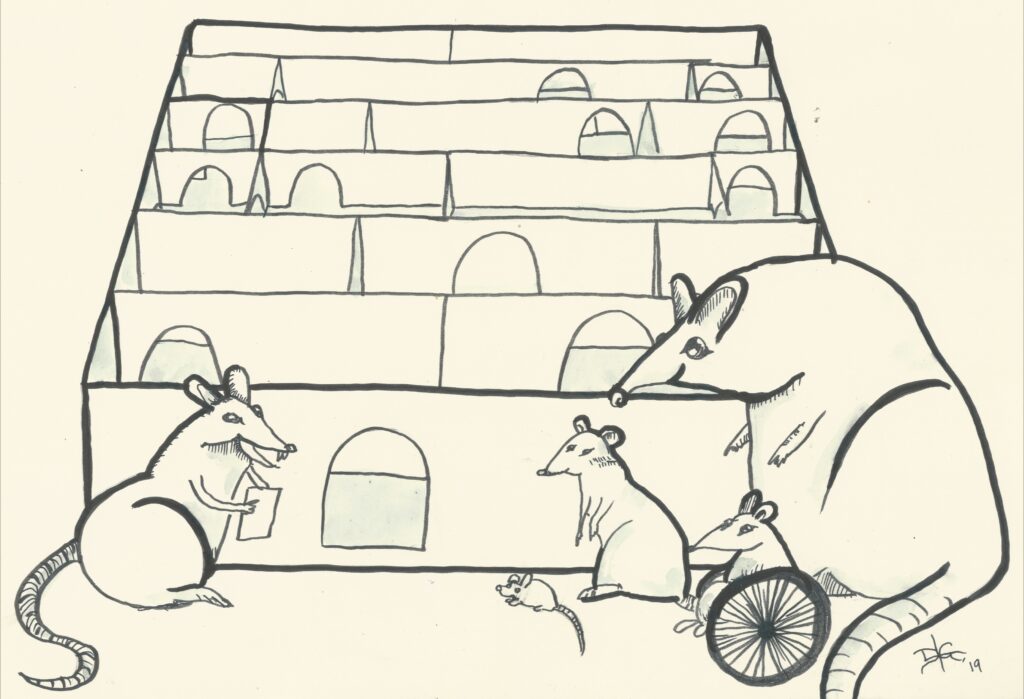
Rivalries
Constant assessment, reporting and grading – a competition to see who is ‘the best’ at robotically reciting what the teacher has told you – leads to rivalries. It is not just rivalries between students, but also rivalries between teachers and disciplines. With continual ‘accountability’ (read: data collection) every individual is pitted against one another: welcome to The Hunger Games.
In a world of getting treats for doing well, it is no wonder that the system is dog eat dog.
I have been plugged into the system for 6 years (should have taken the red pill!). In only a short period, I have noticed a trend towards increased individualisation. Student learning is increasingly fragmented. Teachers teach in isolation, and Intellectual Property policies are forbidding teachers from sharing resources with colleagues across schools too, creating further fragments across the system. Students – especially those with one-to-one devices – learn in isolation. Learning Areas are isolated, particularly in High School but increasingly in Primary School too; students are being taught by ‘specialist’ teachers, as though it is not possible for teachers to know more than one discipline, even though students are expected to be proficient at each! In some schools, students will have 8 periods of different subjects with different teachers in different rooms with different classmates. How can they be expected to connect knowledge to the real world when it is taught in fragments?
In some contexts, during break times students sit side-by-side each on their own device (many teachers too); this would be their opportunity to interact but even during the breaks the students are disconnected.
What kind of world are we creating by isolating children and pitting them against one another? Why is the focus on creating rivalries rather than friendships? Why is there a preference to ‘do your own work’ rather than ‘work together’?
—
Learning does not occur in emotionless and sterile laboratories; it is not measurable, and it is not able to be defined by a letter grade. You do not learn through judgement, assessment and competition, yet our education system continues to head in that direction. Educational theory has recognised this and progressed since the onset of public education and the industrial revolution, but for some reason our system remains fundamentally an industrial era production line.
Our education system needs to head in the opposite direction. There needs to be stronger connections between students, teachers, administration, parents and the community. There needs to be stronger connections between what students learn in the morning and in the afternoon, throughout the week and over the year, and this learning needs to be connected to the real world. And above all, our education system needs to respect students as human beings rather than train them as dogs, or assess them as lab rats.
This is fundamental to the growth of our education system, the growth of our children and the growth of our community.

